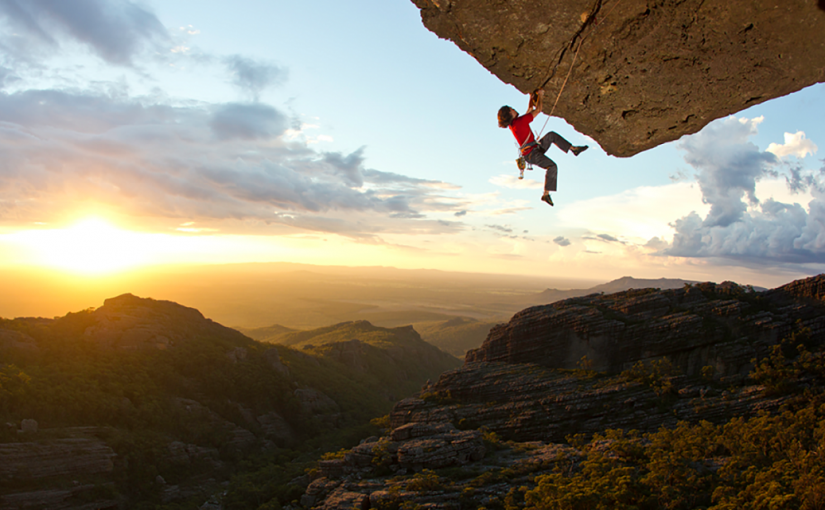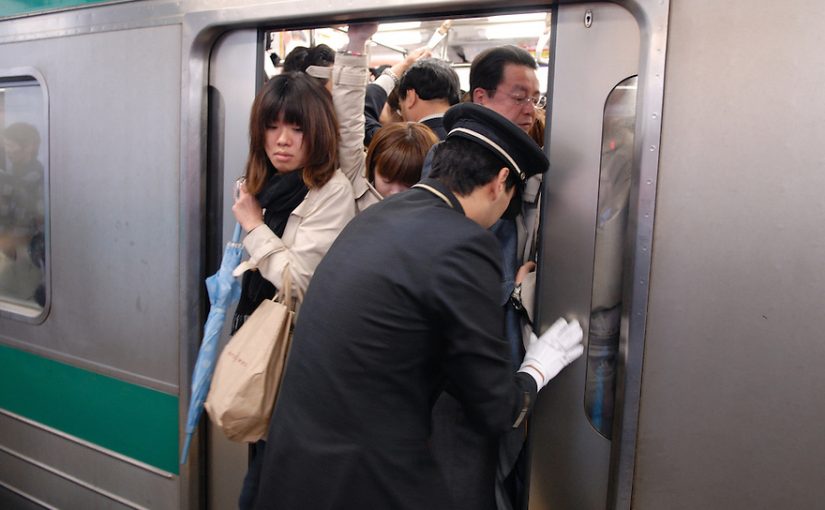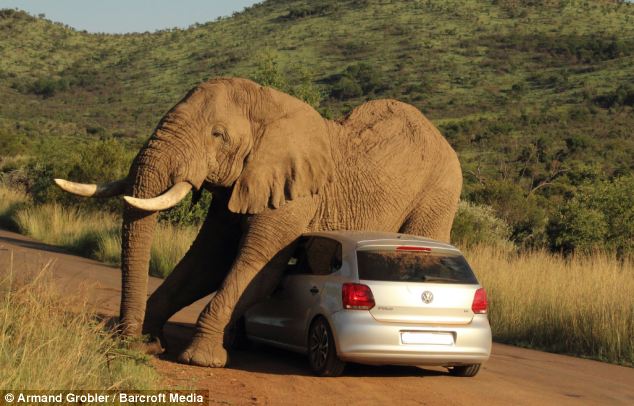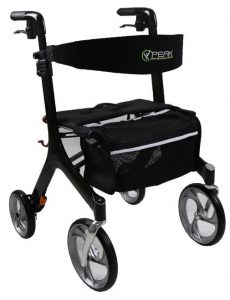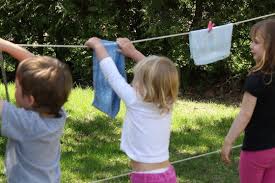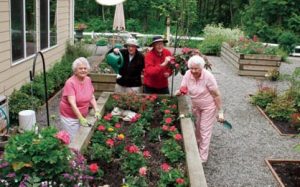Factors affecting breathlessness of course has to include posture.
Tension in the upper body is one thing that you can start with.
So stand in front of a mirror and take a look after you’ve just done something that has left you puffy. As you catch your breath what can you see – how are you standing, supporting your arms/shoulders, sitting down, chest heaving, shoulders going up and down???
Now that you know what you are doing normally, try this as an alternative;
Lean forward, support your upper body by leaning on the bench/ back chair or sit and lean on your thighs with your forearms, drop your shoulders and relax as you gradually slow the pace of your breathing.
This will do two things: 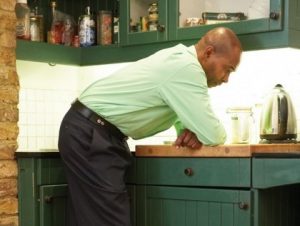
- it will relieve the tension between your shoulder girdle and chest to allow for chest expansion
- it will release the accessory muscles in your upper body for the action you have been engaged in so they are not being overused.

